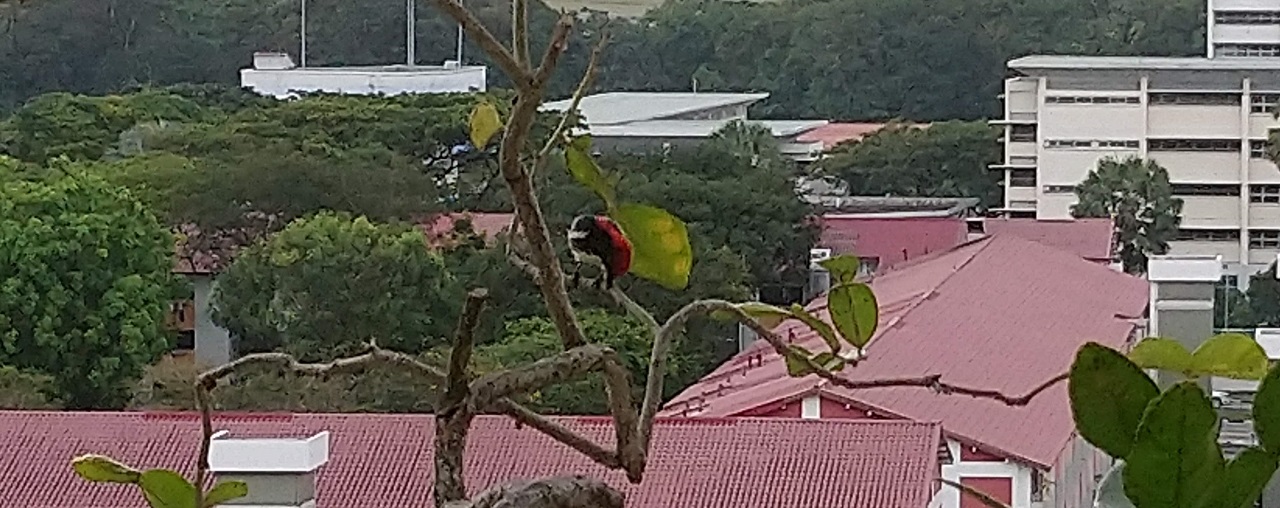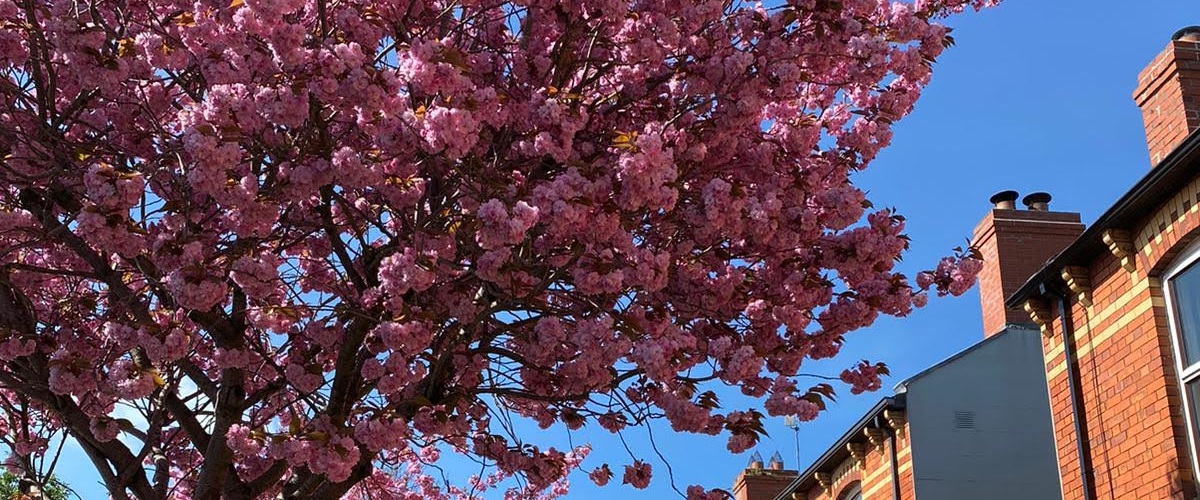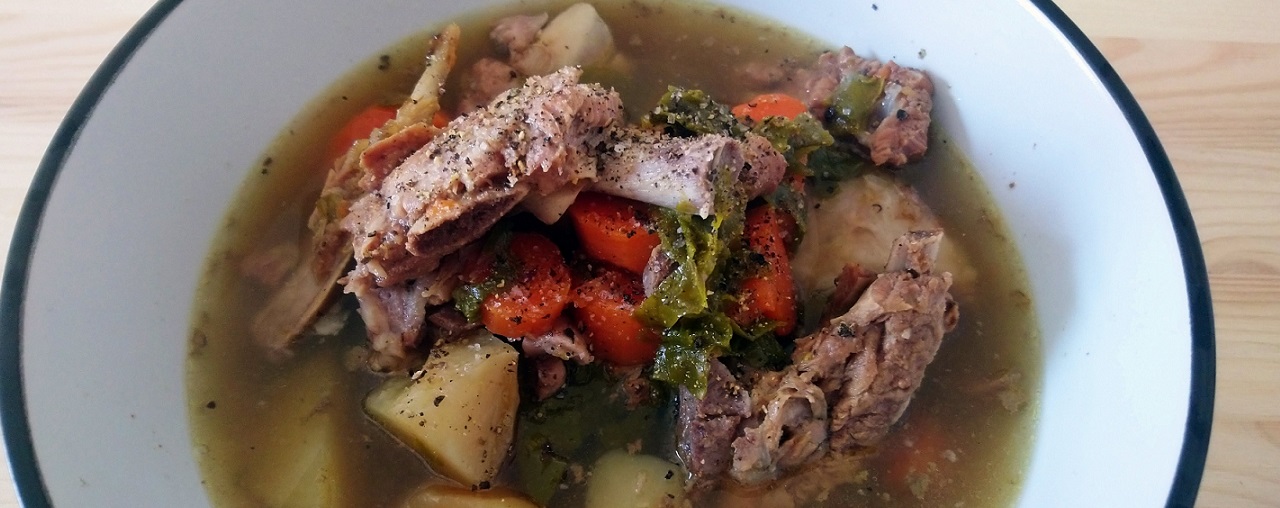Shortly before my Christmas break, my friend, M, was thinking about visiting Singapore while I’m here to show her around. Through which, she joked about her being ‘exotic’, typically implying that she would get some preferential treatment of some sort, compared to me being a local boy. There is some truth in her words, despite the fact that gone were the days where we would unquestionably accept that the white man is ‘boss’ - she is simply alluding to what is still a generally held notion inherited from the colonial-era, just as I have learnt to understand that not all whites are equal: the Irish would have been equally considered inferior to the English during the same period, although would have been at a standing higher than us.
While at the library, I chanced upon “The Singapore Story”, the memoir of the late Mr. Lee Kuan Yew, in which I found the historical references a fascinating and poignant representation of this mindset. I’ve reproduced an excerpt of his book below (therefore any typo-errors are mine):
The looting of the big houses and warehouses of our British masters symbolised the end of an era. It is difficult for those born after 1945 to appreciate the full implications of the British defeat, as they have no memory of the colonial system that the Japanese brought crashing down on 15 February 1942. Since 1819, when Raffles founded Singapore as a trading post for the East India Company, the white man’s supremacy had been unquestioned. I did not know how this had come to pass, but by the time I went to school in the 1930, I was aware that the Englishman was the big boss, and those who were white like him were also bosses - some big, others not so big, but all bosses. There were not many of them, about eight thousand. They had superior lifestyles and lived separately from the Asiatics, as we were called. Government officers had larger houses in better districts, cars with drivers and many other servants. The ate superior food with plenty of meat and milk products. Every three years they went “home” to recuperate from the enervating climate of equatorial Singapore. Their children also went “home” to be educated, not to Singapore schools. They, too, led superior lives.
At Raffles College, the teaching staff were all white. Two of the best local graduates with class diplomas for physics and chemistry were appointed “demonstrators”, but at much lower salaries, and they had to get London external BSc degrees to gain this status. One of the best arts graduates of his time with a class one diploma for economics, Goh Keng Swee (later to be deputy prime minister), was a tutor, not a lecturer.
There was no question of any resentment. The superior status of the British in government and society was simply a fact of life. After all, they were the greatest people in the world. They had the biggest empire that history had ever known, stretching over all time zones, across all four oceans and five continents. We learnt that in history lessons at school To enforce their rule, they had only a few hundred troops in Singapore, who were regularly rotated. The most visible were stationed near the city centre at Fort Canning. There could not have been more than one to two thousand servicemen in all to maintain colonial rule over the six to seven million Asiatics in the Straits Settlements and the Malay states.
The British put it out that they were needed in Malaya to protect the Malays, who would otherwise be eclipsed by the more hardworking immigrants. Many of the Chinese and Indians had been brought in as indentured labour and were tolerated because the Malays did not take to the jobs a commercial and a plantation economy required, like tapping rubber, building roads and bridges, working as clerks, accountants and storekeepers.
A small number of prominent Asiatics were allowed to mixed socially with the white bosses, and some were appointed unofficial members of the governor’s Executive Council or the Legislative Council. Photographs of them with their wives appeared in the papers, attending garden parties and sometimes dinners at the Government House, bowing and curtseying before the governor and his lady, the women duly wearing white gloves, and all on their best behaviour. A few were knighted, and others hoped that after giving long and faithful service they, too, would be honoured. They were patronised by the white officials, but accepted their inferior status with aplomb, for they considered themselves superior to their fellow Asiatics. Conversely, any British, European or American who misbehaved or looked like a tramp was immediately packed off because he would demean the whole white race, whose superiority must never be thrown into doubt.
I was brought up by my parents and grandparents to accept that this was the natural order of things. I do not remember any local who by word or deed questioned all this. None of the English-educated had and inclination to take up the cudgels on behalf of equality for the Asiatics. I did not know that there were many Chinese, educated in Chinese-language schools, who were not integrated into the colonial system. Their teachers had come from China, and they did not recognise the supremacy of the whites, for they had not been educated or indoctrinated into accepting the virtues and the mission of the British Empire. After the war I was to learn more about them.
This was the Malaya and Singapore that 60,000 attacking Japanese soldiers captured, together with more than 130,000 British, Indian and Australian troops. In 70 days of surprises, upsets, and stupidities, British colonial society was shattered, and with it all the assumptions of the Englishman’s superiority. The Asiatics were supposed to panic when the firing started, yet they were the stoical ones who took the casualties and die without hysteria. It was the white civilian bosses who ducked under the tables when the bombs and shells fell. It was the white civilians and government officers in Penang who, on 16 December 1941, in the quiet of the night, fled the island for the ‘safety’ of Singapore, abandoning the Asiatics to their fate. British troops demolished whatever installations they could and then retreated. Hospitals, public utilities and other essential services were left unmanned. There were no fireman to fight fires and no officers to regulate the water supply. The whites in charge had gone. Stories of their scramble to save their skins led the Asiatics to see them as selfish and cowardly. Many of them were undoubtedly exaggerated in the retelling and unfair, but there was enough substance to them to make the point. The whites had proved as frightened and at a loss as to what to do as the Asiatics, if not more so. The Asiatics had looked to them for leadership, and they had failed them.
The British built up the myth of their inherent superiority so convincingly that most Asiatics thought it hopeless to challenge them. But now one Asiatic race had dared to defy them and smashed that myth. However, once the Japanese lorded over us as conquerors, they soon demonstrated to their fellow Asiatics that they were more cruel, more brutal, more unjust and more vicious than the British. During three and a half years of the occupation, whenever I encountered some Japanese tormenting, beating or ill-treating one of our people, I wished the British were still in charge. As fellow Asiatics, we were filled with disillusionment, but then the Japanese themselves were ashamed to be identified with their fellow Asiatics, whom they considered racially inferior and of a lower order of civilisation. They were descendants of the sun goddess, Amaterasu Omikami Sama, a chosen people, distinct and separate from the benighted Chinese, Indians and Malays.
A great book by a great man and a thoroughly enjoyable read over the break.
Thank you, Mr. Lee. May you rest in peace.



